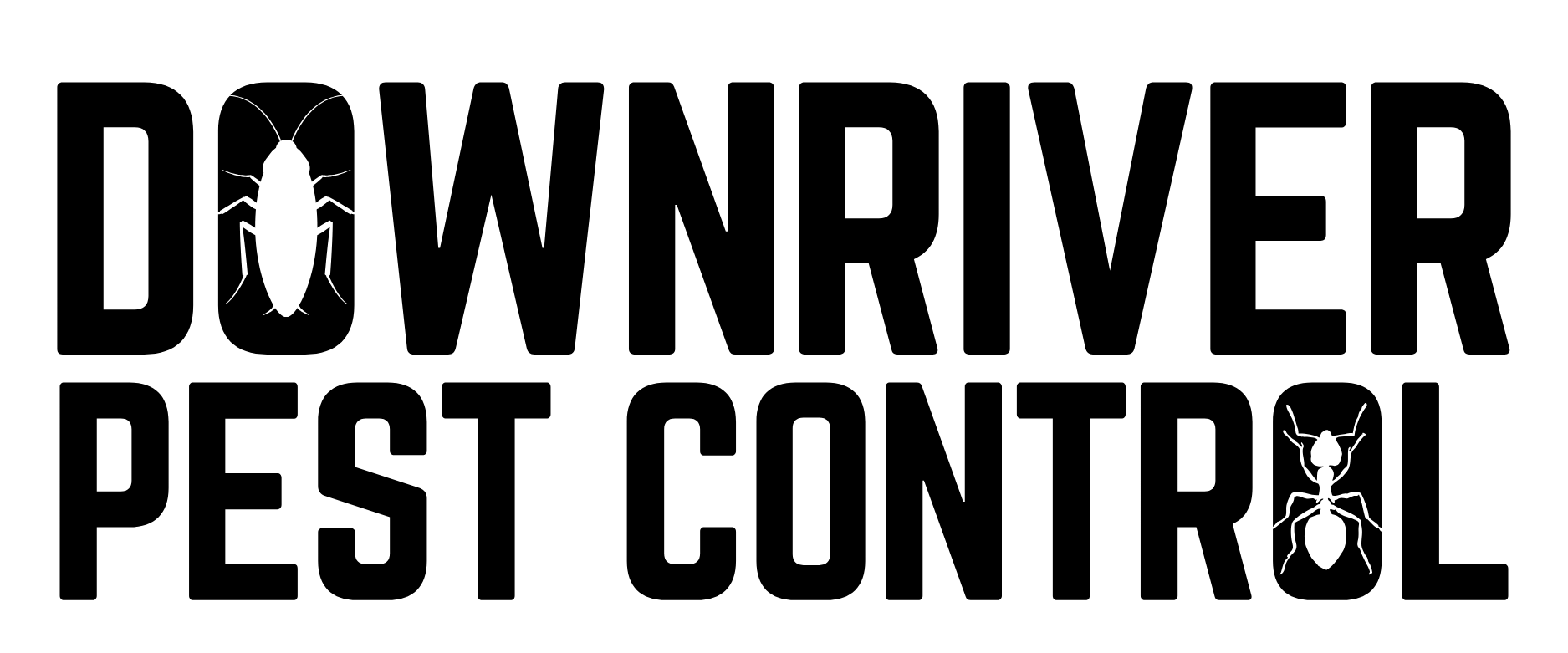Understanding Spiders: Insights and Solutions
Learn About Common Spider Species, Their Behavior, and How to Prevent Infestations with Expert Tips from Downriver Pest Control
Most Common Spiders in Southeast Michigan
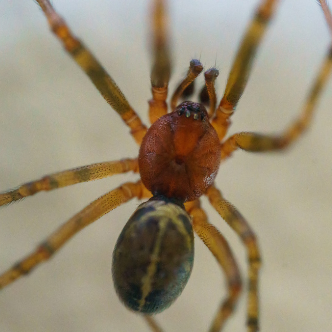
Common House Spider
Small, brown, and typically found in corners of homes, these spiders build messy cobwebs and pose no threat to humans.
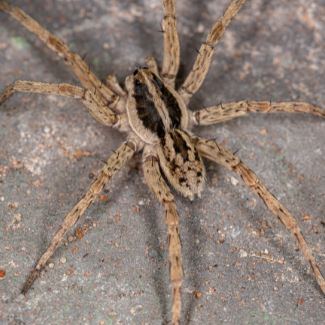
Wolf Spider
Large, hairy spiders that don’t use webs to catch prey. They actively hunt insects and are commonly found in basements and gardens.
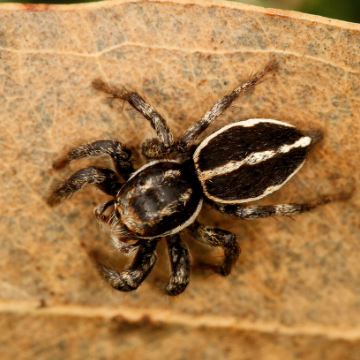
Jumping Spider
Small, compact, and active hunters, jumping spiders are often black with white spots and are known for their excellent vision and jumping abilities.
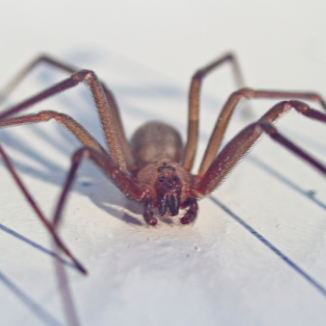
Brown Recluse
Rare in Michigan but occasionally found indoors, this spider has a violin-shaped marking on its back. Its bite can cause severe reactions in some people.
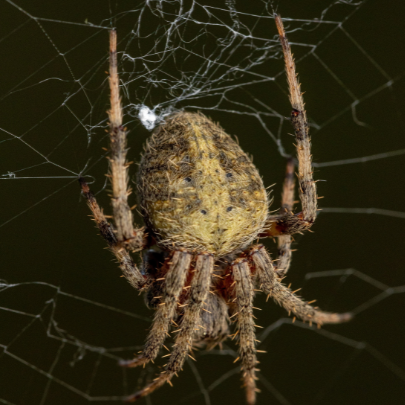
Orb Weaver
Orb-weavers come in many shapes and sizes but are known for building intricate, circular webs. They are usually found in gardens or near outdoor lights.
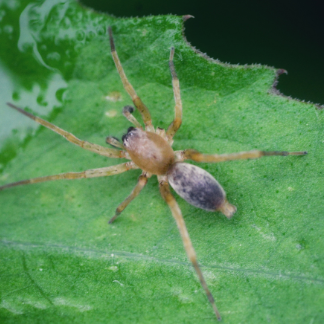
Sac Spider
A pale, yellowish spider that often lives indoors and spins small silk sacs. It can bite, though its venom is mild and only causes minor irritation.
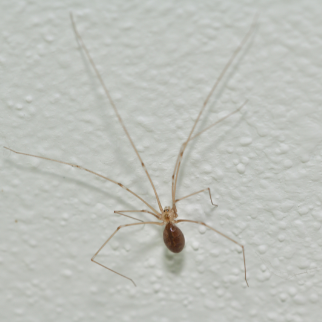
Cellar Spider
Also known as the daddy long-legs spider, is almost only ever found indoors, where they benefit from a warm, stable temperature.
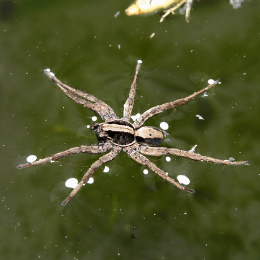
Fishing Spider
Large, semi-aquatic spiders that live near water bodies like ponds and streams. They are known for their ability to walk on water to catch prey.
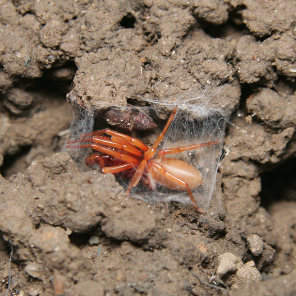
Woodlouse Hunter
With a reddish body and large fangs, this spider preys on woodlice and is often found in damp environments like basements and mulch piles.
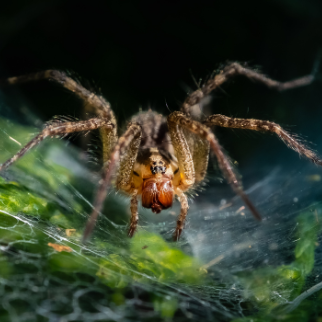
Grass Spider
These funnel web weavers are commonly found in tall grass. They’re brown with long legs and build dense funnel-shaped webs.
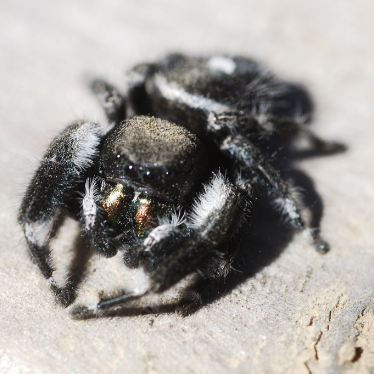
Bold Jumping Spider
Known for its striking black body with white spots and green iridescent fangs, this jumping spider is common in gardens and homes.
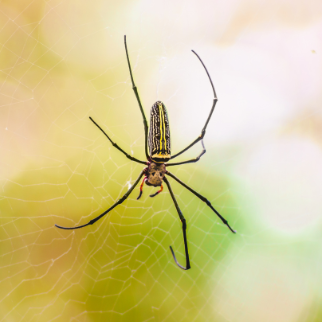
Long Jawed Orb Weaver
Known for their elongated bodies. They build classic circular webs, often near bodies of water.
Top Facts About Spiders
Here Are Downriver Pest Control's Top 6 Facts About Spiders
1. Most Spiders are Harmless
Despite their scary appearance, most spiders in Michigan are not dangerous to humans. Bites from common household spiders are rare and usually result in mild reactions if they occur.
2. They Enter Homes for Warmth
As temperatures drop in Michigan during the fall, spiders tend to seek shelter indoors. You might notice an increase in spider sightings during these months.
3. Brown Recluse and Black Widows Are Rare
While Michigan is home to the infamous black widow and the brown recluse spiders, sightings of these venomous species are very rare. Wolf spiders are often mistaken for a brown recluse.
4. They Build Webs to Catch Prey
Spiders spin intricate webs to trap their food. Common house spiders rebuild their webs daily, and the abandoned webs can accumulate in corners, creating the classic "cobweb" look.
5. Nocturnal Creatures
Spiders are mostly active at night. If you see one during the day, it may have been disturbed or is seeking a new hiding spot.
6. Spiders Help Control Other Pests
Spiders are natural pest controllers. They feed on other insects, such as flies, mosquitoes, and cockroaches, reducing the number of pests in your home.
Spider-Proof Your Home
Effective Strategies to Prevent Infestations
Control Other Insects
Spiders feed on insects like flies, mosquitoes, and ants. Reducing the insect population in your home can help make it less attractive to spiders
Reduce Humidity
Spiders thrive in humid environments. Use dehumidifiers in basements and crawl spaces to make these areas less inviting to them.
Seal Entry Points
Inspect your home's exterior for cracks in the foundation, gaps around doors and windows, and seal them with caulk or weatherstripping
Keep the Home Clean and Decluttered
Keep your home, especially basements, attics, and garages, as tidy as possible. Eliminate hiding spots and remove any webs and sacs.
Spider infestations can be a serious problem, but you don’t have to face them alone.
At Downriver Pest Control, we offer expert solutions to keep your home spider-free. Contact us today for a comprehensive inspection and personalized prevention plan.
